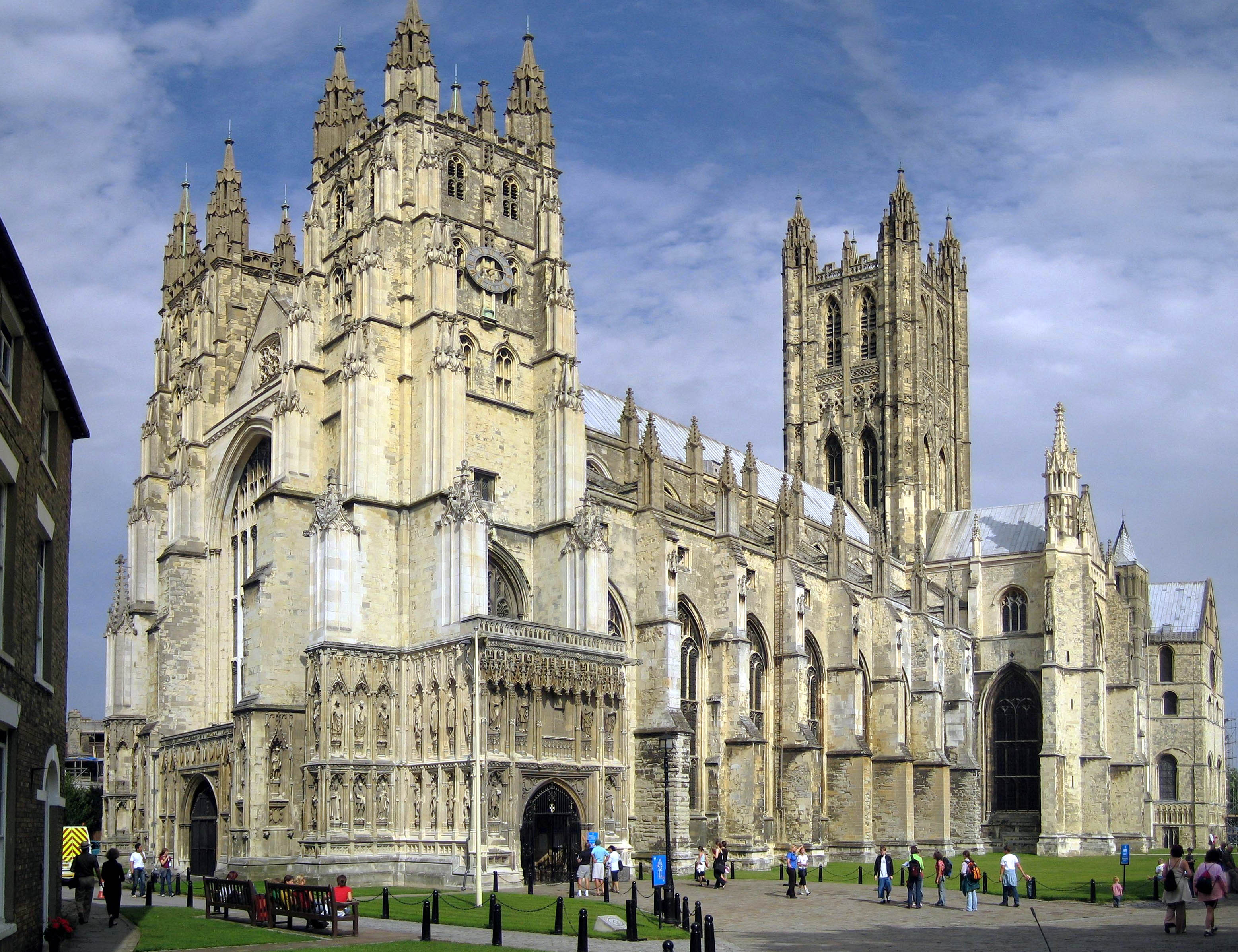
Anglo-Catholicism
Anglo-Catholicism comprises beliefs and practices that emphasise the catholic heritage and identity of the various Anglican churches.[1][2]
For other uses, see Anglo-Catholicism (disambiguation).The term was coined in the early 19th century,[3] although movements emphasising the Catholic nature of Anglicanism already existed.[4][5] Particularly influential in the history of Anglo-Catholicism were the Caroline Divines of the 17th century, the Jacobite Nonjuring schism of the 17th and 18th centuries, and the Oxford Movement, which began at the University of Oxford in 1833 and ushered in a period of Anglican history known as the "Catholic Revival".[6]
Practices and beliefs[edit]
Theology[edit]
Historically, Anglo-Catholics have valued "highly the tradition of the early, undivided Church, they saw its authority as co-extensive with Scripture. They re-emphasized the Church's institutional history and form. Anglo-Catholicism was emotionally intense, and yet drawn to aspects of the pre-Reformation Church, including the revival of religious orders, the reintroduction of the language and symbolism of the eucharistic sacrifice," and "the revival of private confession. Its spirituality was Evangelical, but High Church in content and form."[32] At the same time, Anglo-Catholics held that "the Roman Catholic has corrupted the original ritualism; and she [the Anglican Church] claims that the ritualism which she presents is a revival in purity of the original ritualism of the Catholic Church."[33] The spirituality of Anglo-Catholics is drawn largely from the teachings of the early Church, in addition to the Caroline Divines.[34] Archbishop of Canterbury Matthew Parker, in 1572, published De Antiquitate Britannicæ Ecclesiæ, which traced the roots of the Anglican Church, arguing "that the early British Church differed from Roman Catholicism in key points and thus provided an alternative model for patristic Christianity,"[35] a view repeated by many Anglo-Catholics such as Charles Chapman Grafton, Bishop of the Diocese of Fond du Lac.[36] In addition, Anglo-Catholics hold that the Anglican churches have maintained "catholicity and apostolicity."[37] In the same vein, Anglo-Catholics emphasize the doctrines of apostolic succession and the threefold order, holding that these were retained by the Anglican Church after it went through the English Reformation.[38][39]
In agreement with the Eastern Orthodox Church and Oriental Orthodox Churches, Anglo-Catholics—along with Old-Catholics and Lutherans—generally appeal to the "canon" (or rule) of St Vincent of Lerins: "What everywhere, what always, and what by all has been believed, that is truly and properly Catholic."
The Anglican Thirty-nine Articles make distinctions between Anglican and Catholic understandings of doctrine; in the eyes of Anglo-Catholics, the Thirty-Nine Articles are catholic, containing statements that profess the universal faith of the early church.[40] As the Articles were intentionally written in such a way as to be open to a range of interpretations,[41] Anglo-Catholics have defended their practices and beliefs as being consistent with the Thirty-nine Articles, for example in Newman's Tract 90 of 1841.[2] Since the late 20th century, Anglo-Catholic thought related to the Thirty-nine Articles has included the New Perspective on Paul.
Anglo-Catholic priests often hear private confessions and anoint the sick, regarding these practices as sacraments. Anglo-Catholics also offer prayers for the departed and the intercession of the saints; C. S. Lewis, often considered an Anglo-Catholic in his theological sensibilities, writes: